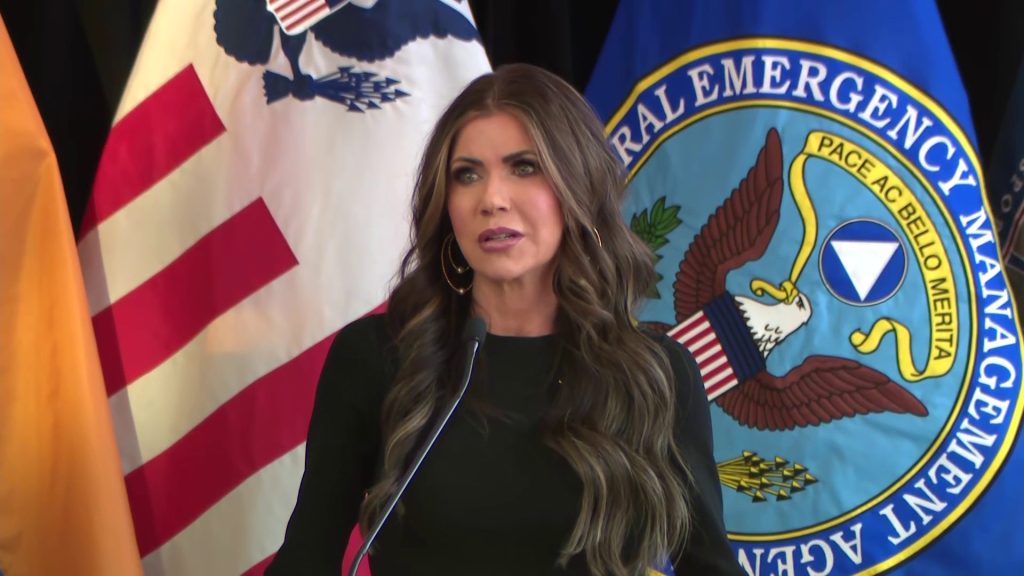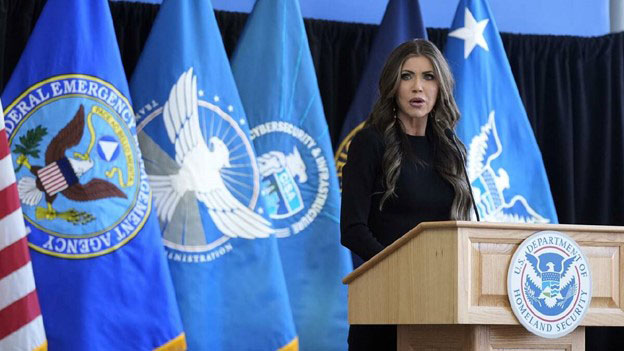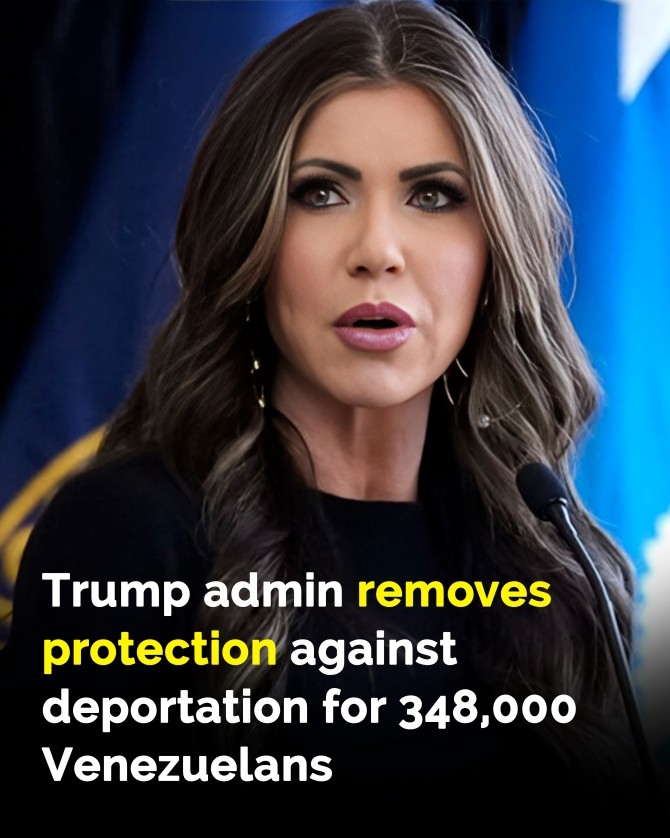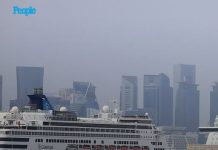U.S. Ends Deportation Protections for 348,000 Venezuelans
In a major change to U.S. immigration policy, Secretary of Homeland Security Kristi Noem announced on Monday the termination of deportation protections for approximately 348,000 Venezuelans currently residing in the U.S. under Temporary Protected Status (TPS). This decision, part of former President Donald Trump’s intensified immigration measures, means that thousands of individuals could face deportation and lose their work permits as soon as April, Reuters reports.
The Department of Homeland Security (DHS) justified the termination by pointing to “notable improvements” in Venezuela’s economy, public health, and crime rates. However, many Venezuelan families in the U.S. are devastated by the news and uncertain about their futures.
“I don’t know what will happen,” said Ana Maria Pirela, a 26-year-old Venezuelan migrant with TPS. “Yesterday they fired my husband from his job — he had been managing a food store for two months — and I’m two months pregnant. I don’t want to go back to Venezuela.”
Activist Beatriz Olavarriat has raised concerns that revoking TPS for nearly 350,000 Venezuelans within just 60 days could have dire consequences. She warned that returning to Venezuela might be life-threatening for some, while others could face imprisonment. “Some of those people who have spoken about the situation in Venezuela will be jailed if they return,” Olavarria told NBC6 South Florida.
Reversal of Biden-era Policies
Under former President Joe Biden, TPS was expanded to protect over 1 million people from 17 countries, including Venezuelans fleeing political and economic instability. Many arrived through legal humanitarian pathways during Biden’s administration. Deporting them has been complicated by tense U.S.-Venezuela relations.

However, under Trump’s immigration agenda, Kristi Noem recently canceled an 18-month extension of TPS for Venezuelans and ended automatic six-month renewals. While around 300,000 Venezuelans still have TPS valid until September, their futures remain uncertain.
Tatiana Vazques, a Venezuelan migrant living in Atlanta, shared her anxiety: “Yesterday ICE took a friend and her husband. There’s anguish.” Her family, who had applied for asylum, now lives in constant fear after witnessing recent Immigration and Customs Enforcement (ICE) arrests.
What’s Next?
The Trump administration is also reportedly considering ending another Biden-era initiative that allowed around 530,000 Cubans, Haitians, Nicaraguans, and Venezuelans to live and work legally in the U.S. with sponsorship from U.S. citizens. A decision on this matter could be made within weeks.
Meanwhile, Venezuela remains mired in economic hardship. Despite President Nicolás Maduro’s attempts to control inflation, the country’s minimum monthly wage is just $3. Maduro, who began his third term amid election disputes and U.S. drug trafficking charges — which he denies — continues to face domestic and international opposition. The United Nations High Commissioner for Refugees (UNHCR) reports that over 7.7 million people have fled Venezuela due to the deepening political and economic crisis under Maduro’s leadership and the persistent influence of Chavismo.
Venezuelan opposition groups are urging the U.S. to maintain TPS, emphasizing the dire circumstances migrants would face if forced to return.

In conclusion, the U.S. decision to end Temporary Protected Status for nearly 350,000 Venezuelans marks a significant shift in immigration policy, with serious consequences for those affected. As economic and political conditions in Venezuela remain dire, the termination of these protections places many individuals in a precarious position, facing potential deportation, loss of work permits, and the risk of imprisonment or worse if they return. While the U.S. government justifies the move with claims of improvement in Venezuela, the reality for many migrants is far more uncertain. As the situation develops, both Venezuelan migrants and their advocates continue to call for the preservation of TPS to prevent further hardship and displacement.

















